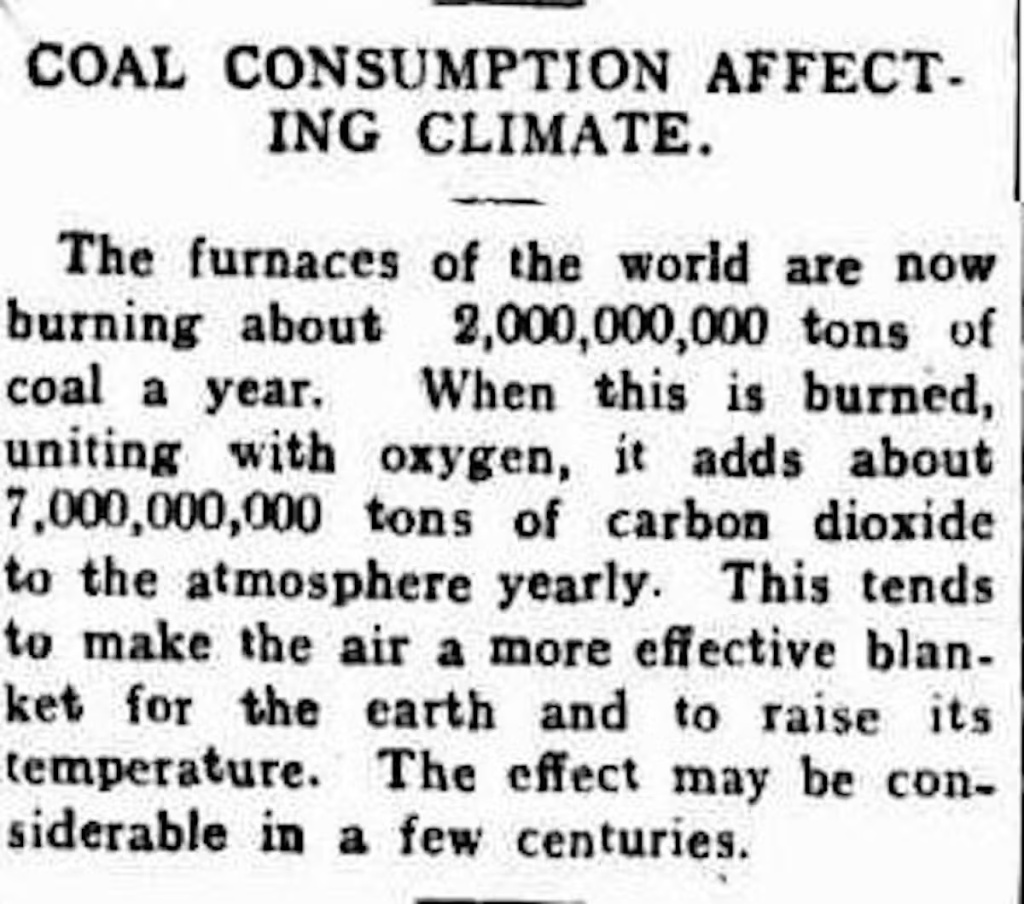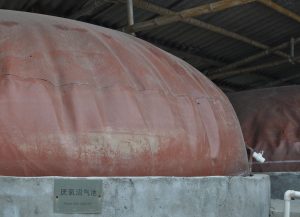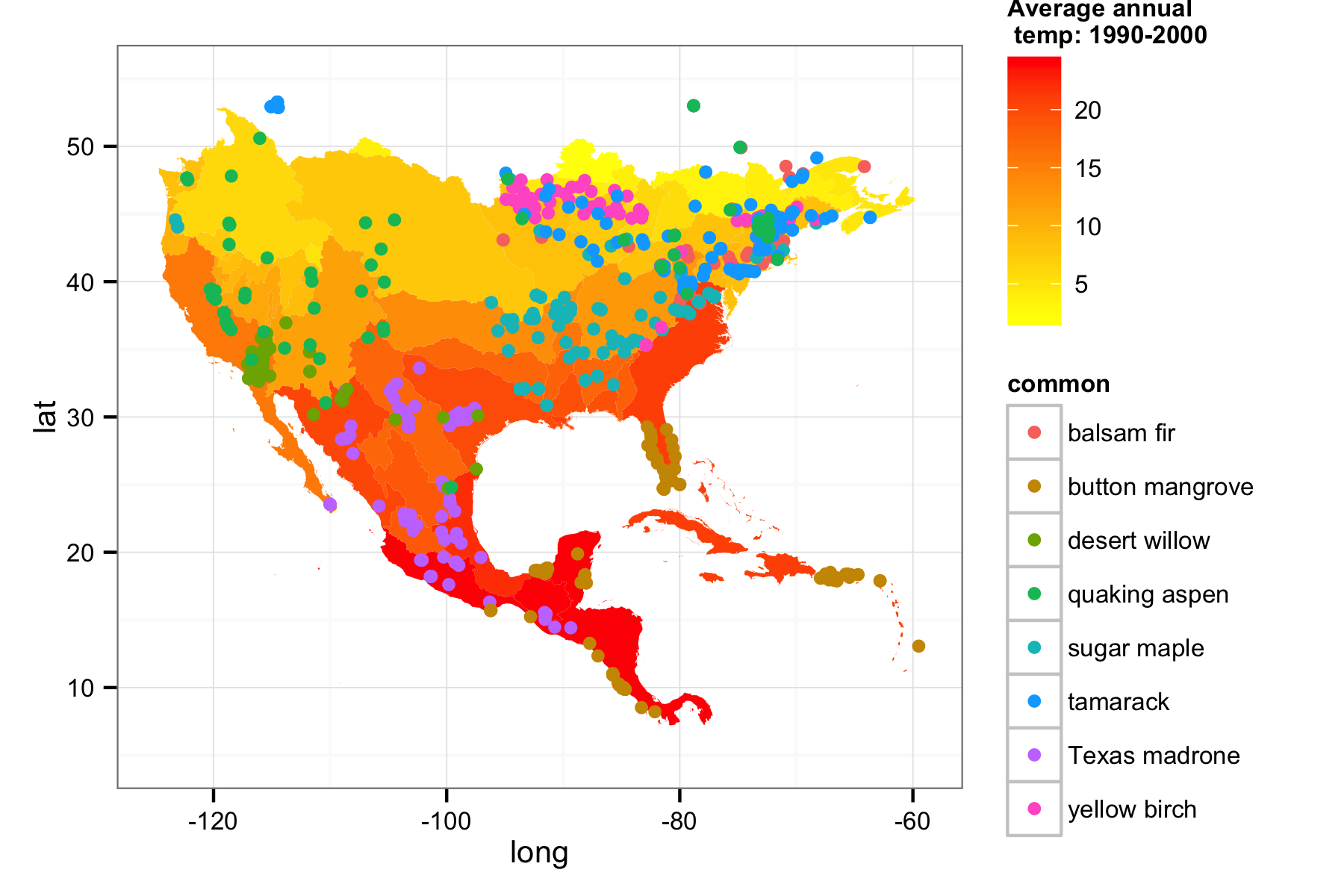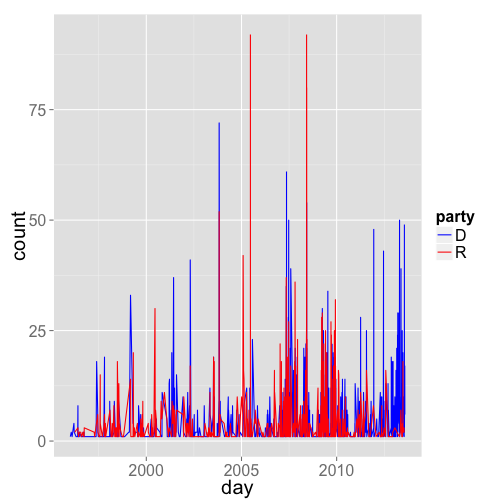
Last time, I expressed extreme disappointment that fossil fuel executives had any role in leading the climate meeting COP28. This is a classic example of putting the the fox in charge of the hen house. The issue is easily summed up: Setting aside economic self-interest and other human foibles, it is clear from the comments that the science is not as clear to everyone as it is to me. That’s fair;





